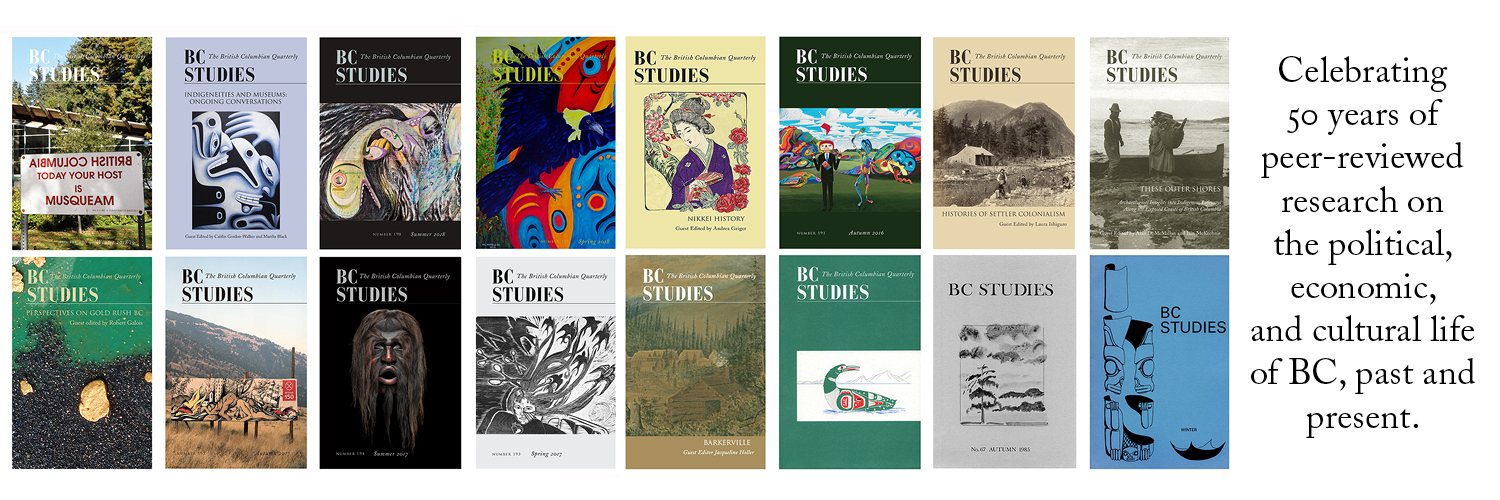Doing Their “Home” Work: A Case Study of University of British Columbia Okanagan Student Youth Rental Housing Experiences in the City of Kelowna, British Columbia, Canada
DOI:
https://doi.org/10.14288/bcs.v0i173.2374Keywords:
postsecondary students, housing, youth, Kelowna, Canada, Okanagan Valley, University of British ColumbiaAbstract
Housing for newcomers, including postsecondary students, is increasingly an issue in Kelowna, a mid-sized tourist and retirement community whose real estate market is one of the most expensive in Canada. This study examines the housing experiences, stresses, and coping strategies of postsecondary students attending the University of British Columbia–Okanagan (UBCO) and presents recommendations for improving housing for university students. Using data from thirty interviews with UBCO students and ten interviews with key informants, the study indicates that postsecondary students face significant barriers when looking for affordable, adequate, and suitable rental housing. Of these barriers, the most commonly cited are: (1) high rental housing costs, (2) a lack of affordable and quality housing in a location that suits the student’s public transportation needs, and (3) discrimination by landlords based on age and student status. UBCO students cope with some of these barriers by relying extensively on their own social network (UBCO colleagues, friends, or family members) for housing information and by sharing housing, including basement suites, in order to save money. Both students and key informants suggest the creation of a rental housing service agency that is tailored to the housing needs and preferences of university students. They further suggest a need for increased funding by the three levels of government and for more purpose-built rental housing for university students. In this context, UBCO needs to play a greater role in helping its students find accommodation in the rental housing market.



